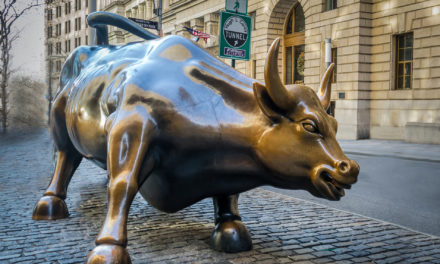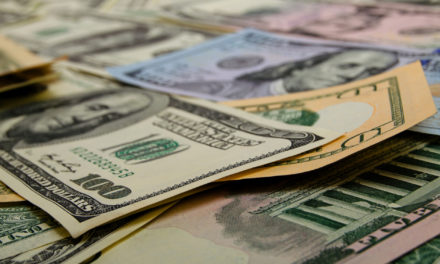
“I buy on the assumption that they could close the market the next day and not reopen it for five years.”
— Warren Buffett
The investment philosophy practiced by Warren Buffett calls for investors to take a long-term horizon when making an investment, such as a five year holding period (or even longer), and reconsider making the investment in the first place if unable to envision holding the stock for at least five years. Today, we look at how such a long-term strategy would have done for investors in Pioneer Natural Resources Co (NYSE: PXD) back in 2015, holding through to today.
| Start date: | 12/22/2015 |
|
|||
| End date: | 12/21/2020 | ||||
| Start price/share: | $116.55 | ||||
| End price/share: | $110.89 | ||||
| Starting shares: | 85.80 | ||||
| Ending shares: | 88.57 | ||||
| Dividends reinvested/share: | $3.33 | ||||
| Total return: | -1.79% | ||||
| Average annual return: | -0.36% | ||||
| Starting investment: | $10,000.00 | ||||
| Ending investment: | $9,821.19 | ||||
The above analysis shows the five year investment result worked out poorly, with an annualized rate of return of -0.36%. This would have turned a $10K investment made 5 years ago into $9,821.19 today (as of 12/21/2020). On a total return basis, that’s a result of -1.79% (something to think about: how might PXD shares perform over the next 5 years?). [These numbers were computed with the Dividend Channel DRIP Returns Calculator.]
Beyond share price change, another component of PXD’s total return these past 5 years has been the payment by Pioneer Natural Resources Co of $3.33/share in dividends to shareholders. Automatic reinvestment of dividends can be a wonderful way to compound returns, and for the above calculations we presume that dividends are reinvested into additional shares of stock. (For the purpose of these calcuations, the closing price on ex-date is used).
Based upon the most recent annualized dividend rate of 2.2/share, we calculate that PXD has a current yield of approximately 1.98%. Another interesting datapoint we can examine is ‘yield on cost’ — in other words, we can express the current annualized dividend of 2.2 against the original $116.55/share purchase price. This works out to a yield on cost of 1.70%.
Here’s one more great investment quote before you go:
“Value investing means really asking what are the best values, and not assuming that because something looks expensive that it is, or assuming that because a stock is down in price and trades at low multiples that it is a bargain.” — Bill Miller




